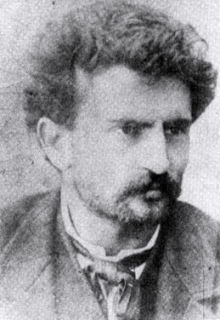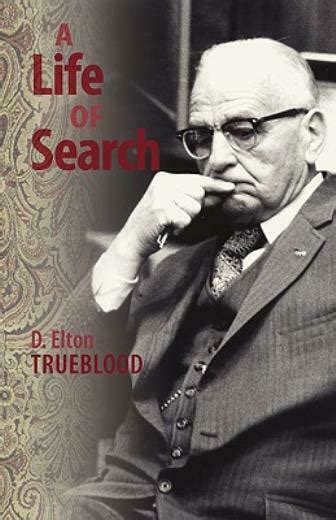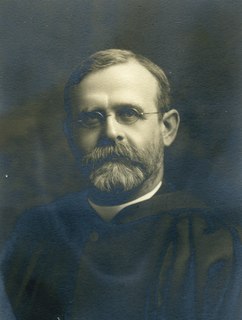A Quote by Walter Lippmann
Photographs have the kind of authority over imagination to-day, which the printed word had yesterday, and the spoken word before that. They seem utterly real. They come, we imagine, directly to us without human meddling, and they are the most effortless food for the mind conceivable.
Related Quotes
Imagination is the politics of dreams; imagination turns every word into a bottle rocket. . . . Imagine every day is Independence Day and save us from traveling the river changed; save us from hitchhiking the long road home. Imagine an escape. Imagine that your own shadow on the wall is a perfect door. Imagine a song stronger than penicillin. Imagine a spring with water that mends broken bones. Imagine a drum which wraps itself around your heart. Imagine a story that puts wood in the fireplace.
We are in love with the word. We are proud of it. The word precedes the formation of the state. The word comes to us from every avatar of early human existence. As writers, we are obliged more than others to keep our lives attached to the primitive power of the word. From India, out of the Vedas, we still hear: On the spoken word, all the gods depend, all beasts and men; in the world live all creatures...The word is the name of the divine world.
If the lost word is lost, if the spent word is spent If the unheard, unspoken Word is unspoken, unheard; Still is the spoken word, the Word unheard, The Word without a word, the Word within The world and for the world; And the light shone in the darkness and Against the Word the unstilled world still whirled About the center of the silent Word. Oh my people, what have I done unto thee. Where shall the word be found, where shall the word Resound? Not here, there is not enough silence
Anarchy is a word that comes from the Greek, and signifies, strictly speaking, "without government": the state of a people without any constituted authority. Before such an organization had begun to be considered possible and desirable by a whole class of thinkers, so as to be taken as the aim of a movement (which has now become one of the most important factors in modern social warfare), the word "anarchy" was used universally in the sense of disorder and confusion, and it is still adopted in that sense by the ignorant and by adversaries interested in distorting the truth.
If I looked at some of these pieces as if this project was not spoken-word but just short anthology, I probably would have fussed with some of the sentences, you know? Syllabication and prosody and such crap. Because the printed word is etched in stone. But for reading purposes I accepted this book of texts in the manner in which I wrote them, no need to fuss. Most of the shorter stuff was written as poetry. Meaning lots of white space on the page.
By the grace of God I want to impart the Word, and bring you into a place where you will dare to act upon the plan of the Word, to so breathe life by the power of the Word that it is impossible for you to go on under any circumstances without his provision. The most difficult things that come to us are to our advantage from God's side. When we come to the place of impossibilities, it is the grandest place for us to see the possibilities of God.
"Both Christianity and Islam are logocentric," he told his students, "meaning they are focused on the Word. In Christian tradition, the Word became flesh in the book of John: 'And the Word was made flesh, and He dwelt among us. 'Therefore, it was acceptable to depict the Word as having a human form. In Islamic tradition, however, the Word did not become flesh, and therefore the Word needs to remain in the form of a word … in most cases, calligraphic renderings of the names of the holy figures of Islam."

































